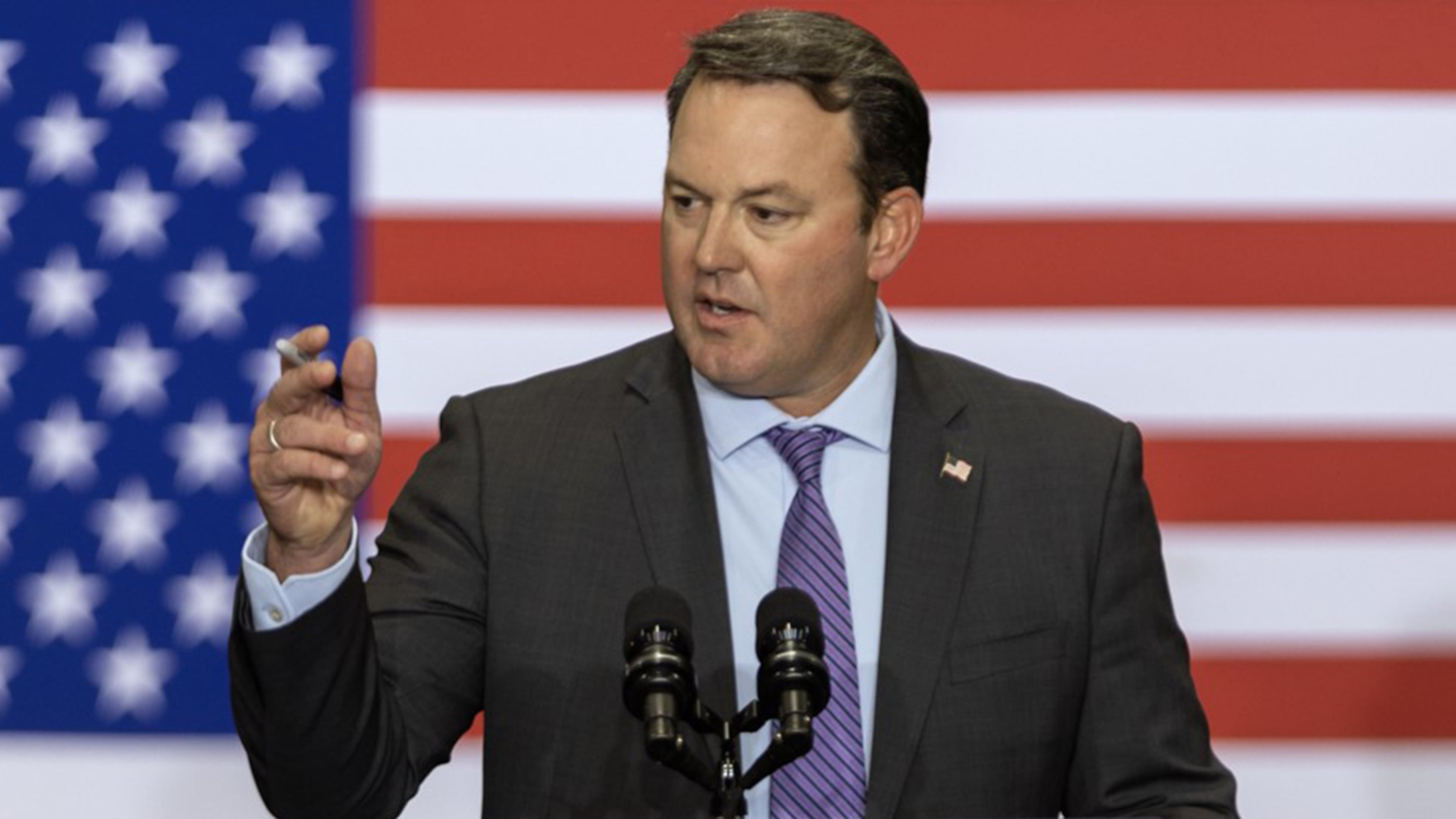Lt. Gov. Burt Jones scores another victory over use of campaign cash

Lt. Gov. Burt Jones appears to have scored another victory over Attorney General Chris Carr as the Republican gubernatorial candidates battle over campaign finance issues.
An advisory opinion recently released by the State Ethics Commission says candidates are free to loan money to political groups other than their own campaign committees and that repayment of such loans does not constitute an illegal contribution.
The opinion, up for approval at the commission’s December meeting, does not name Jones or Carr. But it was requested by a lawyer for Carr, who has challenged the lieutenant governor over a $10 million loan to a political committee Jones controls.
Carr’s campaign maintains Jones’ actions should be illegal.
“This advisory opinion exposes one of the glaring flaws in Georgia’s approach to transparency and public corruption,” spokesperson Julia Mazzone said Wednesday. “There’s a cloud of unethical, illegal and corrupt behavior that follows Burt Jones. This is just a small piece of a larger story.”
Jones’ campaign declined to comment. It has previously ridiculed Carr’s arguments, calling him a bad lawyer.
At issue is Jones’ decision to loan $10 million in personal funds to a “leadership committee” he controls as he seeks the Republican nomination for governor next year. Under state law, only the governor, lieutenant governor, the Republican and Democratic nominees for those offices, and legislative leaders of both parties can form such committees.
Leadership committees bestow significant advantages on those who control them. Among other things, such committees can raise unlimited campaign cash, whereas contributions directly to candidates are capped.
Last summer, Carr filed a lawsuit seeking to prevent Jones from using his leadership committee during the campaign for the Republican nomination. Previous lawsuits had prevented Gov. Brian Kemp from using his leadership committee until he secured the nomination when he ran for reelection in 2022.
A federal judge later dismissed Carr’s lawsuit, saying Carr lacked legal standing to file the complaint.
Carr also sought a State Ethics Commission investigation of the source of Jones’ $10 million loan. The commission quickly rejected the request, saying it did not allege a violation of Georgia law.
Finally, Carr attorney Bryan Tyson sought an advisory opinion on the legality of candidates lending personal funds to leadership committees. That request appears to have fared no better.
Tyson argued that Georgia law allows candidates to loan money to their campaign committees, but not to other political committees, including leadership committees.
Tyson argued such loans amount to a scheme to circumvent limits on campaign contributions because the loan would be repaid with the unlimited campaign cash that leadership committees can raise.
The State Ethics Commission rejects Tyson’s argument in its advisory opinion.
The opinion says nothing in Georgia law prohibits a candidate from lending personal funds to leadership committees. And it says a leadership committee’s repayment of such a loan is not a campaign contribution — it’s simply repaying the candidate’s own money.
“There is zero net gain for the candidate,” the advisory opinion says.



